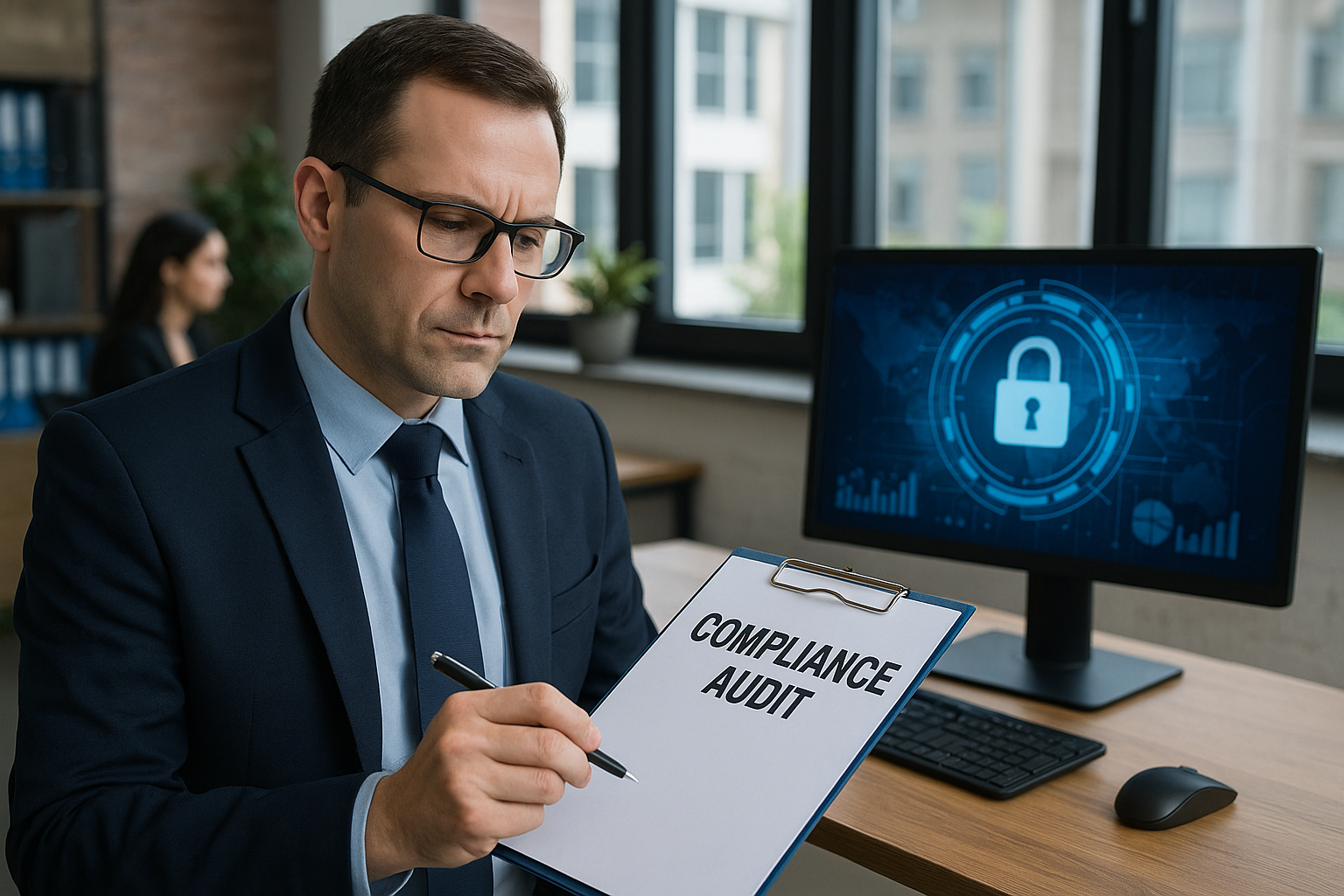Table of Contents
Reducing Risks with Effective IT Compliance Management
In today’s digital age, organizations are more reliant than ever on information technology (IT) systems to conduct business. With this reliance comes the critical need for robust IT compliance management to mitigate risks associated with data breaches, legal penalties, and operational disruptions. This article explores the importance of effective IT compliance and provides strategies for reducing risks through streamlined compliance management processes.
The Importance of IT Compliance Management
IT compliance management involves ensuring that an organization’s IT systems and processes meet regulatory standards and industry best practices. This is crucial for protecting sensitive data, maintaining customer trust, and avoiding legal repercussions. With regulations such as the General Data Protection Regulation (GDPR), Health Insurance Portability and Accountability Act (HIPAA), and others, organizations face significant pressure to comply with stringent data protection laws.
Failure to comply with these regulations can result in hefty fines, reputational damage, and operational setbacks. Therefore, effective IT compliance management is essential for risk reduction and ensuring the smooth operation of business processes.
Key Strategies for Effective IT Compliance Management
1. Conduct Regular Compliance Audits
One of the most effective ways to ensure IT compliance is through regular audits. These audits help organizations identify potential compliance gaps and vulnerabilities within their IT infrastructure. By conducting thorough assessments, businesses can proactively address issues before they escalate into major problems.
2. Implement Comprehensive Security Policies
Developing and implementing comprehensive security policies is fundamental to IT compliance management. These policies should cover data encryption, access controls, incident response procedures, and employee training programs. Clear and enforceable policies help create a culture of compliance within the organization, ensuring that all employees understand their roles and responsibilities in maintaining security standards.
3. Leverage Automated Compliance Tools
Utilizing automated compliance tools can significantly enhance the efficiency and accuracy of compliance management processes. These tools can monitor IT systems in real-time, identify compliance issues, and generate reports to assist in decision-making. Automation reduces the burden on IT teams and ensures continuous compliance monitoring.
4. Stay Informed About Regulatory Changes
The regulatory landscape is constantly evolving, with new standards and requirements emerging regularly. Organizations must stay informed about these changes to ensure ongoing compliance. Subscribing to industry newsletters, attending compliance workshops, and engaging with experts in the field can provide valuable insights into the latest regulatory developments.
5. Collaborate with Compliance Experts
Partnering with compliance experts can provide organizations with the guidance needed to navigate complex regulatory requirements. Experts can offer tailored solutions and strategies to address specific compliance challenges, ensuring that organizations remain compliant and reduce their risk exposure.
For businesses in Huntsville looking for expert assistance in IT compliance management, compliance management Huntsville offers specialized services to help organizations achieve and maintain compliance with ease.
Conclusion
Effective IT compliance management is vital for reducing risks and ensuring the secure and lawful operation of business processes. By implementing regular audits, comprehensive security policies, automated tools, and staying informed about regulatory changes, organizations can significantly mitigate their risk exposure. Collaborating with compliance experts further enhances an organization’s ability to manage compliance effectively.
In a world where data breaches and regulatory penalties are increasing, organizations cannot afford to overlook the importance of IT compliance management. Investing in robust compliance strategies is not just a regulatory requirement but a smart business decision that safeguards the future of the organization.








